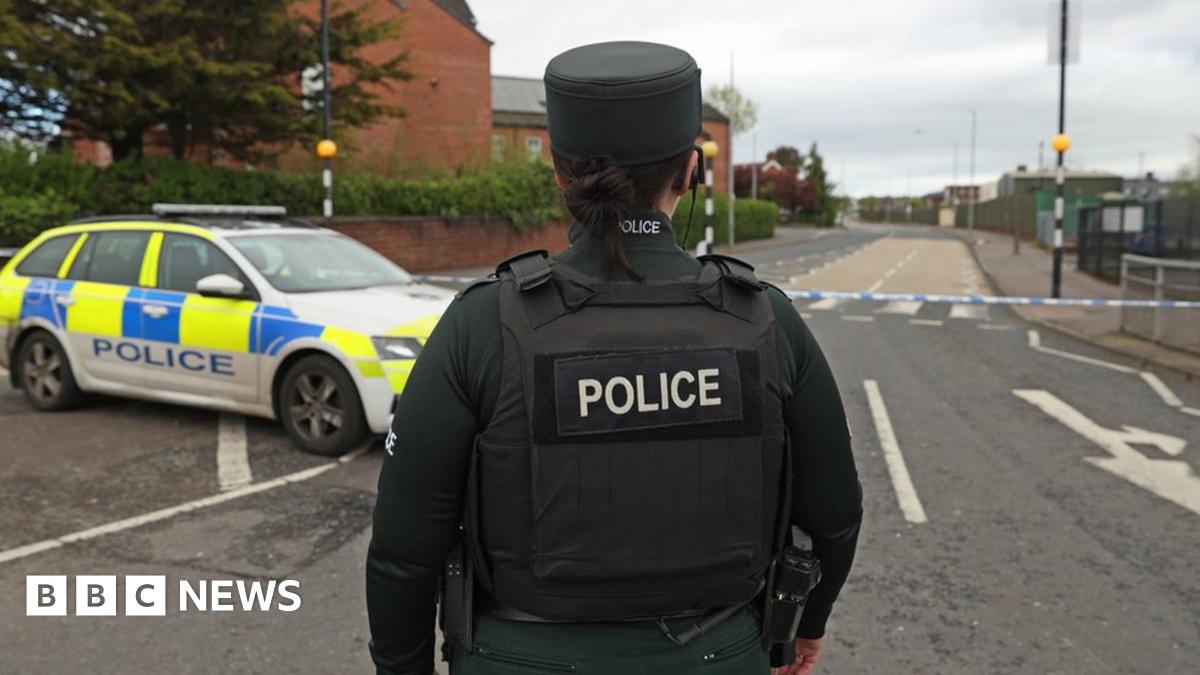What is the electoral register?
The law makes it compulsory to provide information to an electoral registration officer for inclusion in the full register. The details you are likely to have to provide are your name, address, national insurance number, nationality and age.
The full register is published once a year and is updated every month. It is used by electoral registration officers and returning officers across the country for purposes related to elections and referendums. Political parties, MPs and public libraries may also have the full register.
It is also used by local authorities for their duties relating to security, law enforcement and crime prevention, for example checking entitlement to council tax discount or housing benefit. It may also be used by the police for law enforcement purposes. The courts use the register to summon people for jury service.
It can be sold to government departments to help in their duties such as the prevention or detection of crime. They can also use it for vetting job applicants and employees if this is required by law. Credit reference agencies are allowed to buy the full version of the register so that lenders can check the names and addresses of people applying for credit and carry out identity checks to help stop money laundering.
It is a crime for anyone who has a copy of the full register to pass information from this register onto others if they do not have a lawful reason to see it.



